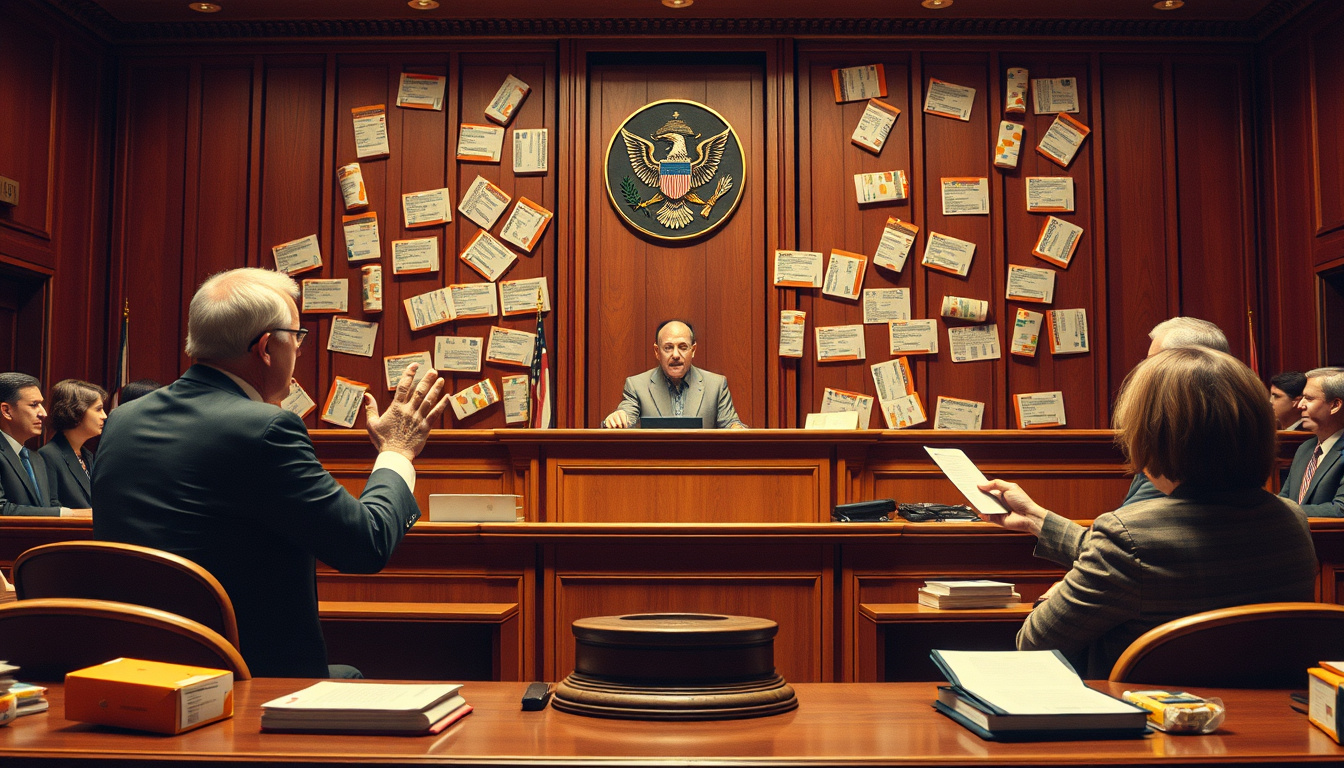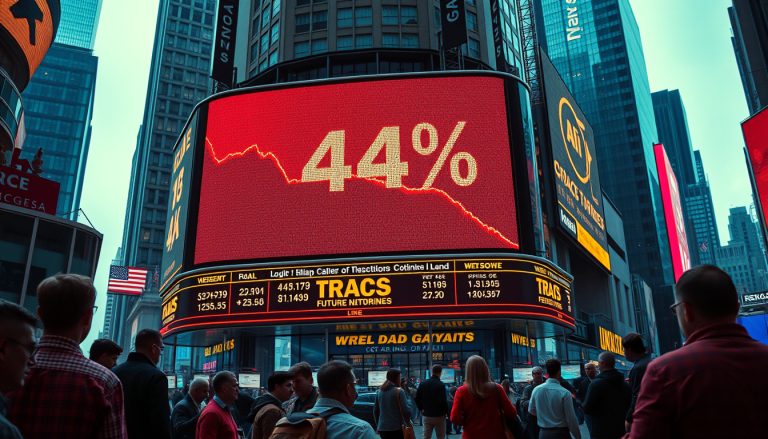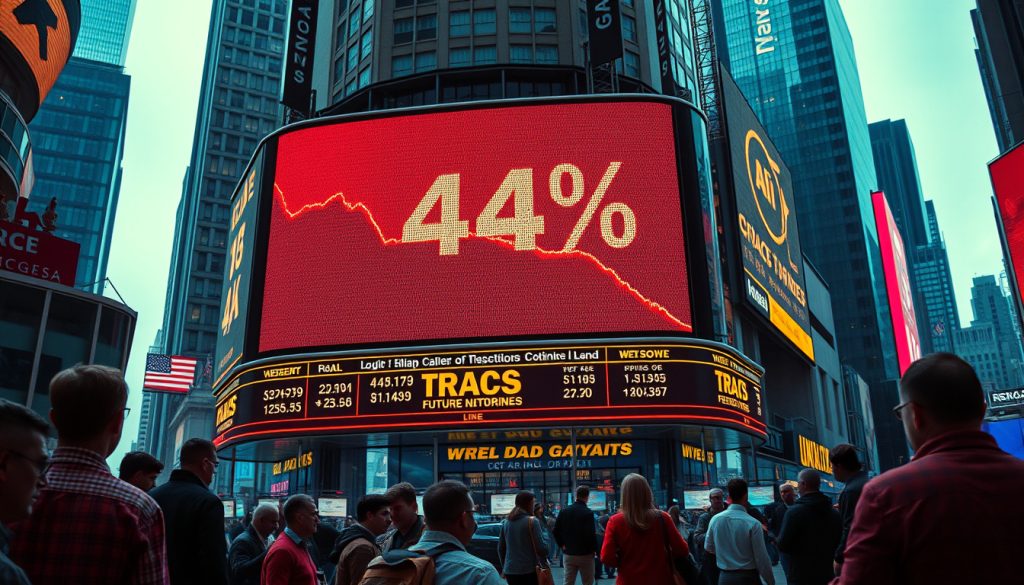In a landmark decision for the pharmaceutical giant, Johnson & Johnson (J&J) has successfully navigated a patent dispute involving its long-acting schizophrenia medication.
The US Court of Appeals for the Federal Circuit recently ruled in favor of J&J against Viatris, effectively blocking the entry of generic versions of their drug into the marketplace.
This victory is not just a legal win; it symbolizes J&J’s commitment to safeguarding its intellectual property and underscores the high stakes involved in the pharmaceutical sector.
As we delve deeper into the legal nuances and far-reaching implications of this case, it’s clear that this ruling may influence market dynamics and shape the future landscape of mental health medication.

Key Takeaways
- Johnson & Johnson successfully defended its patent for a schizophrenia medication against generic competition.
- The court ruling bolsters J&J’s market exclusivity and intellectual property rights.
- This legal victory underscores the ongoing challenges pharmaceutical companies face in protecting their innovations.
Overview of the Patent Dispute
In a landmark ruling, Johnson & Johnson (J&J) has successfully navigated a complex patent dispute against Viatris concerning its long-acting schizophrenia treatment, known as Invega Sustenna.
The US Court of Appeals for the Federal Circuit reaffirmed the validity of J&J’s patent, effectively blocking Viatris from launching generic versions of the medication.
This decision marks a crucial win for J&J as the pharmaceutical industry continues to grapple with the challenges of intellectual property protection.
By safeguarding its patent rights, J&J not only reinforces its market exclusivity but also underscores the importance of innovation in the treatment of mental health disorders.
The ruling is expected to have significant implications for the availability of generic medications, which can provide cost-effective alternatives for patients.
As J&J celebrates this victory, it highlights its commitment to ongoing research and development, ensuring that groundbreaking treatments remain available to those who need them.
Implications for the Pharmaceutical Market
The implications of this ruling extend beyond just Johnson & Johnson’s financial standing; it may also reshape the competitive dynamics within the pharmaceutical market.
By securing its patent rights, J&J has fortified its position in the psychiatric medication sector, which is increasingly crowded with emerging treatments.
Consequently, generic manufacturers may delay their entries into the market, impacting pricing strategies and long-range development plans industry-wide.
This victory not only enhances J&J’s investment in research and development but also signals to other firms the critical importance of robust intellectual property protections.
As the landscape evolves, companies may view this outcome as a benchmark for pursuing their own patent disputes, which can lead to a strategic reassessment of product pipelines and competitive positioning in various therapeutic areas.















